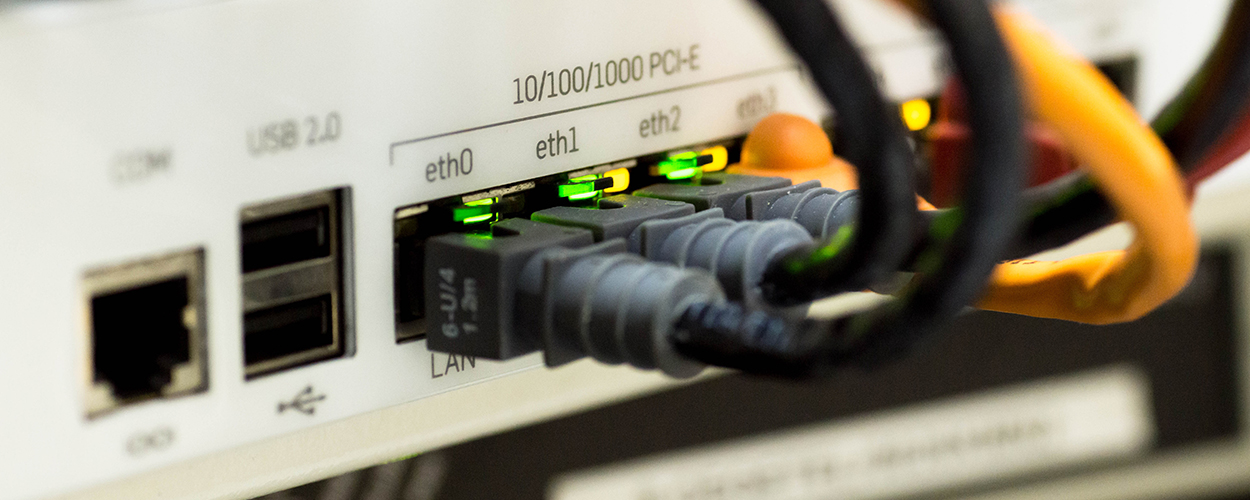This website uses cookies so that we can provide you with the best user experience possible. Cookie information is stored in your browser and performs functions such as recognising you when you return to our website and helping our team to understand which sections of the website you find most interesting and useful.
Business News Digital Labels & Publishers Legal Top Stories
US government publishes its annual piracy gripe lists
By Chris Cooke | Published on Friday 26 April 2019

The American government has published its annual piracy report, which is where the US Trade Representative namechecks the countries and websites that it reckons are causing the biggest headaches for the country’s intellectual property owners. Canada still appears in the first of those lists, while the super resistant Pirate Bay is still featured in the latter.
Both of America’s closest neighbours – ie Canada and Mexico – appear on the US government’s watch list of countries that should be doing more to protect IP rights. Though neither are on the more extreme priority watch list, which calls out Algeria, Argentina, Chile, China, India, Indonesia, Kuwait, Russia, Saudi Arabia, Ukraine and Venezuela.
In a statement yesterday, the USTR said: “These trading partners will be the subject of increased bilateral engagement with USTR to address IP concerns. For such countries that fail to address US concerns, USTR will take appropriate actions”.
The accompanying Notorious Markets report lists all the websites that the US government reckons are rampantly facilitating copyright or other kinds of IP infringement. Although The Pirate Bay gets its customary mention, the report acknowledges that other forms of piracy are now out-performing good old-fashioned file-sharing. The report notes that “pirate streaming sites continue to gain popularity, overtaking pirate torrent and direct download sites for distribution of pirated content”.
The music industry’s top piracy moan stream-ripping is also mentioned, with a number of sites that allow users to create permanent downloads of temporary streams among the list. That includes Russian sites Flvto.biz and 2Conv.com, which the US record industry sued last year. In that case, a judge in Florida concluded that he didn’t have jurisdiction over the two websites and, earlier this month, the Electronic Frontier Foundation urged the courts to uphold that judgement now that the record labels are appealing.
The USTR says that the aim of its annual piracy bad boys list is “to motivate appropriate action by the private sector and governments to reduce piracy and counterfeiting”.
Some sites listed on past lists have been shut down, either as a result of legal action, the threat of legal action, or just because of changing trends in piracy consumption. So maybe this annual naming and shaming works. Though there are also some sites that just keep popping up again every year. Whether The Pirate Bay will ever be removed remains to be seen. Possibly, but mainly because downloads are becoming less popular across the board.





